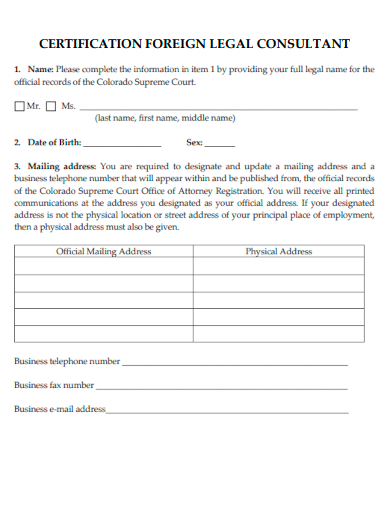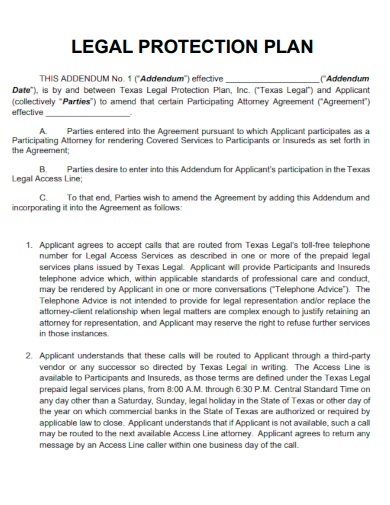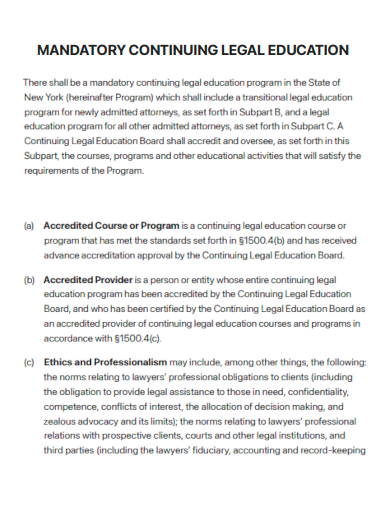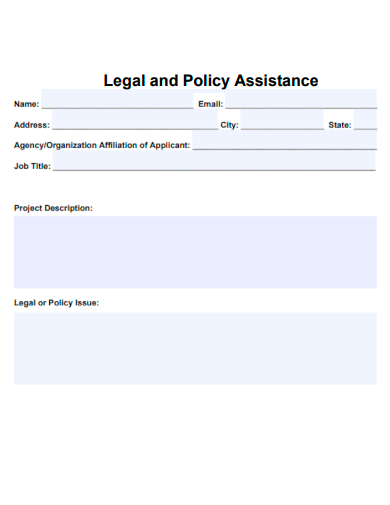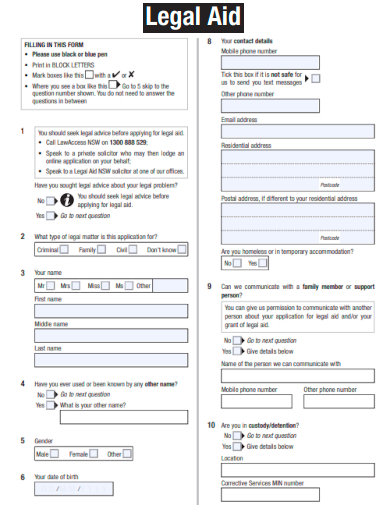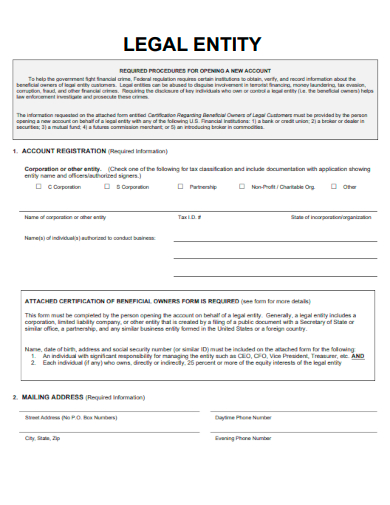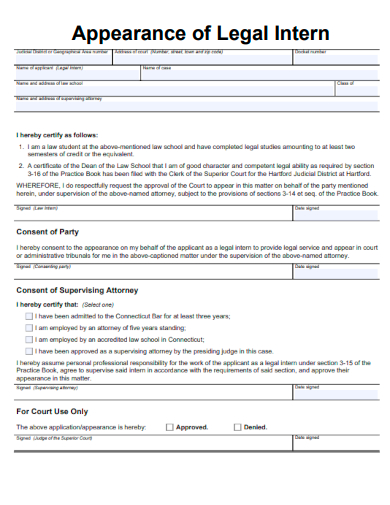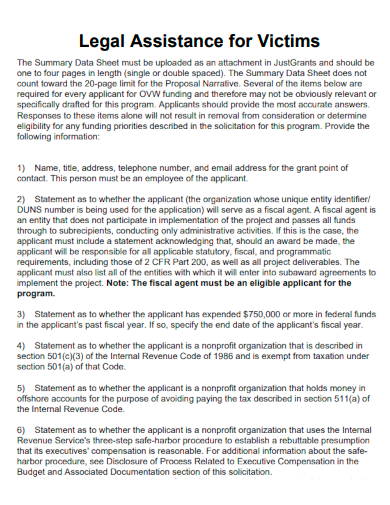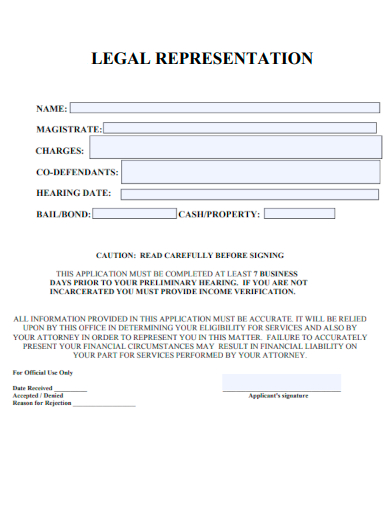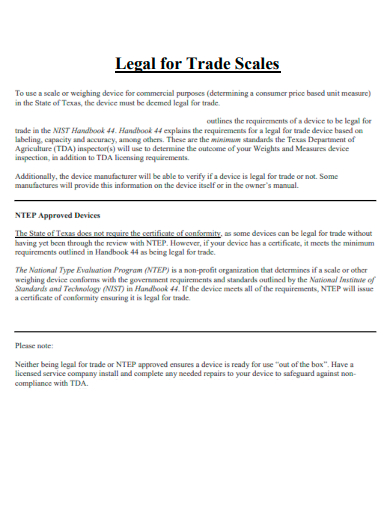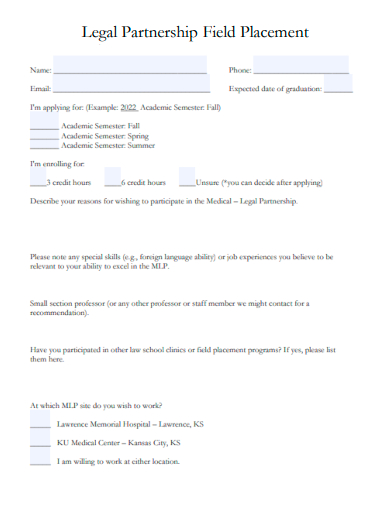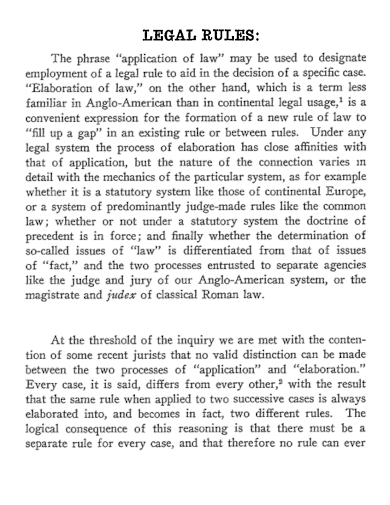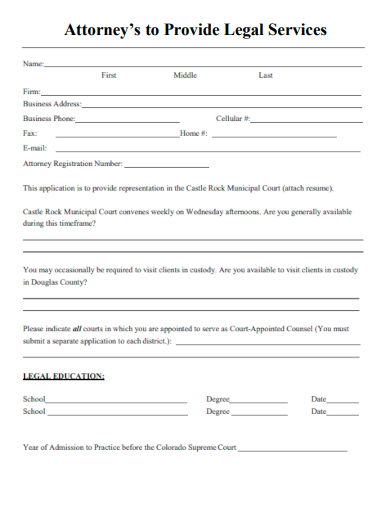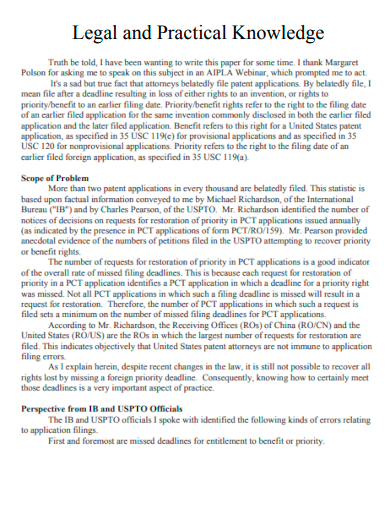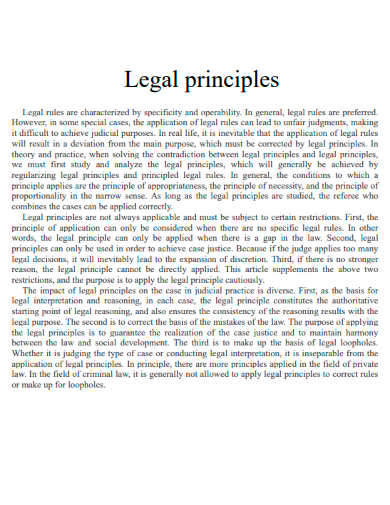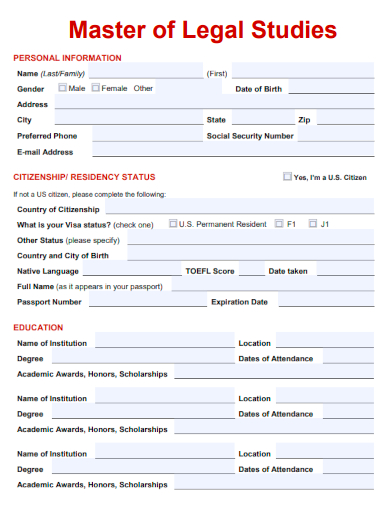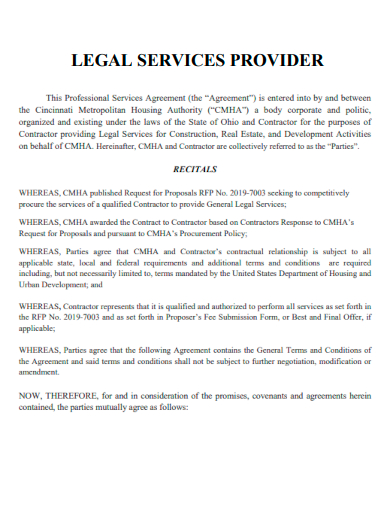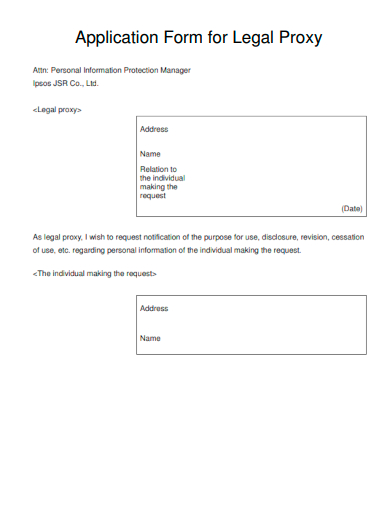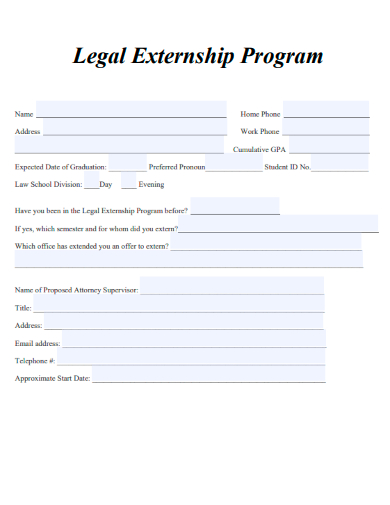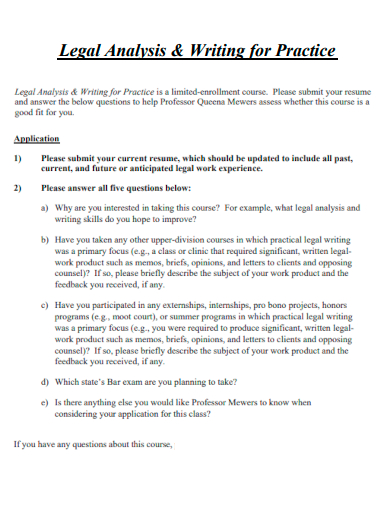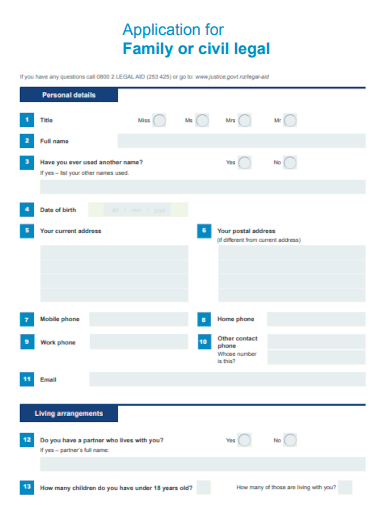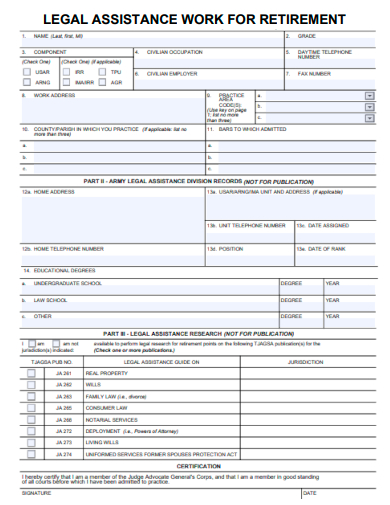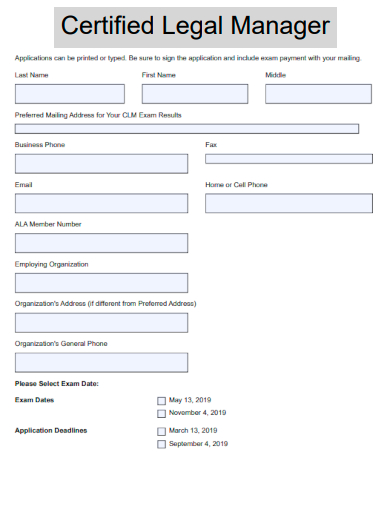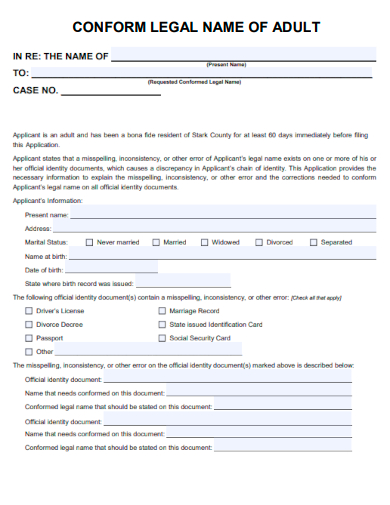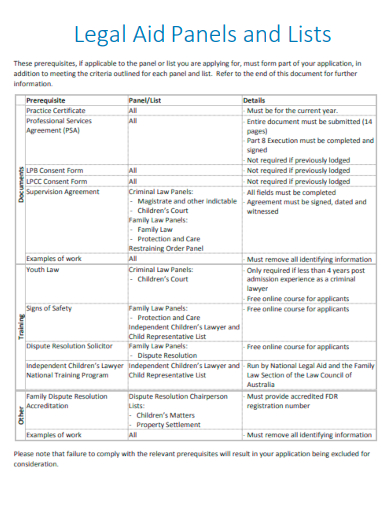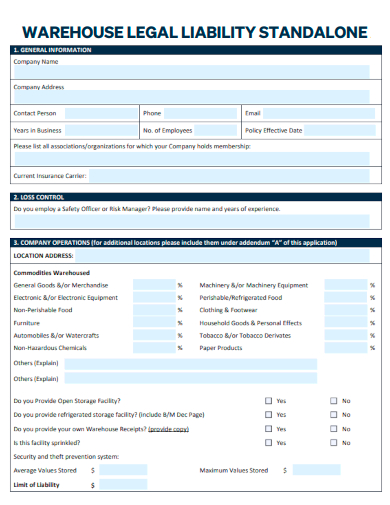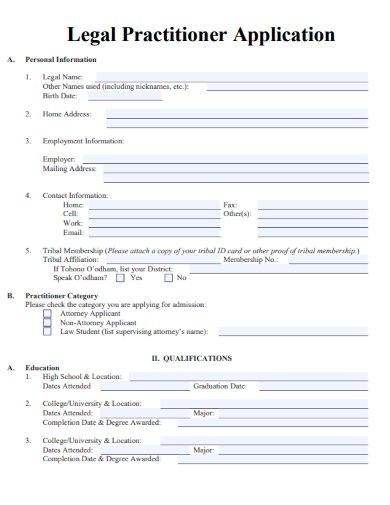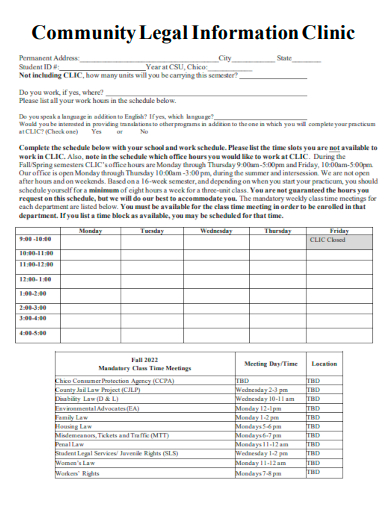Legal documents are the backbone of any well-functioning society, serving as a vital tool in establishing and maintaining work order agreement, ensuring justice, and protecting the rights and interests of individuals and entities. These documents provide a framework agreement for alternative dispute resolution, defining relationships, and regulating various aspects of human interaction. From constitutions and contractual agreement to wills and treaties, legal documents play a pivotal role in shaping the legal, social, and economic landscapes of nations. Legal documents form an integral part of conducting business samples in today’s complex and regulated environment. They serve as a crucial means of establishing and protecting the rights and obligations of businesses, ensuring transparency, mitigating risk assessment, and facilitating smooth operations.
29+ Legal Samples
1. Certification Foreign Legal Consultant
2. Legal Assistant Position Email
3. Legal Protection Plan
4. Mandatory Continuing Legal Education
5. Legal and Policy Assistance
6. Legal Aid
7. Legal Entity
8. Appearance of Legal Intern
9. Legal Assistance for Victims
10. Legal Representation
11. Legal for Trade Scales
12. Legal Partnership Field Placement
13. Legal Rules
14. Attorneys to Provide Legal Services
15. Legal Internship Program
16. Legal and Practical Knowledge
17. Legal Principles
18. Master of Legal Studies
19. Legal Service Provider
20. Application Form for Legal Proxy
21. Legal Externship Program
22. Legal Analysis & Writing for Practice
23. Application for Family or Civil Legal
24. Legal Assistance Work for Retirement
25. Certified Legal Manager
26. Conform Legal Name of Adult
27. Legal Aid Panels and Lists
28. Warehouse Legal Liability Standalone
29. Legal Practitioner Application
30. Community Legal Information Clinic
What is Legal Samples?
Legal samples refer to examples or templates of legal documents that are commonly used in various legal contexts. These samples are designed to provide guidance and assist individuals or professionals in creating their own legal documents. Legal samples can include a wide range of documents, such as contracts, corporate agreements, living wills, power of attorney forms, lease agreements, employment contracts, and more.
How To Make Legal Samples?
Legal samples serve as a starting point for drafting legal documents, providing a structure and format that can be customized to suit specific needs and requirements. They often contain standard provisions and clauses that are commonly used and recognized in legal practice. Creating legal documents requires careful consideration and attention to detail to ensure accuracy, clarity, and compliance with relevant laws and regulations. While it is advisable to consult with a legal professional for complex or specific legal matters, the following general steps can guide you in creating legal documents:
Step 1- Identify the Document Type
Determine the specific type of legal document you need to create, such as a contract, agreement, will, lease, or power of attorney. Understand the purpose and scope of the document to ensure that it addresses your specific needs.
Step 2- Research Applicable Laws and Regulations
Research the relevant laws, regulations, and legal requirements that pertain to your document. Understanding the legal framework will help ensure that your document is legally valid and enforceable.
Step 3- Outline the Document
Create an outline that includes the key sections and provisions you want to include in the document. This will help you organize your thoughts and ensure that all necessary information is covered.
Step 4- Draft the Document
Start drafting the document by writing clear and concise sentences and paragraphs. Use plain language to ensure that the document is easily understood by all parties involved. Include relevant details, such as names, addresses, dates, and specific terms and conditions.
Can I modify legal samples to suit my needs?
Yes, legal samples can and should be customized to suit your specific needs and circumstances. It is important to review, revise, and tailor the document to accurately reflect your intentions, obligations, and rights.
Are legal samples suitable for all jurisdictions?
Legal samples may vary depending on different jurisdictions and legal systems. It is essential to ensure that the legal sample aligns with the laws and regulations of the relevant jurisdiction. Consulting with a lawyer familiar with the specific jurisdiction is recommended for accurate legal advice.
Can legal samples be used as a substitute for legal advice?
Legal samples are not a substitute for professional legal advice. While they can provide guidance and serve as a starting point, each legal situation is unique, and legal advice tailored to your specific circumstances is crucial for accurate and reliable guidance.
Legal documents play a vital role in the success and sustainability of businesses. They provide legal certainty, facilitate transactions, protect intellectual property, mitigate disputes, and ensure compliance with laws and regulations. By utilizing these documents effectively, businesses can establish a solid legal foundation, mitigate risks, protect their rights, and foster trust among stakeholders. Legal documentation is a key aspect of responsible and effective business management in an increasingly complex and regulated environment.
Related Posts
FREE 7+ Sample Legal Invoice Templates in PDF MS Word
FREE 8+ Legal Agreement Contract Samples in MS Word Google ...
FREE 5+ Legal Service Invoice Samples in MS Word MS Excel ...
FREE 6+ Legal Binding Contract Samples in PDF MS Word ...
FREE 9+ Sample Legal Confidentiality Agreement Templates in ...
FREE 10+ Legal Memo Samples in PDF
FREE How to Write a Legal Contract [ Components, Tips in Writing ]
FREE 7+ Legal Bill of Sale Templates in MS Word PDF
FREE What Constitutes a Legal Contract? [ With Samples ]
FREE 7+ Sample Legal Forms in PDF MS Word
FREE 9+ Sample Legal Information Disclaimers in PDF
FREE 10+ Legal Parenting Plan Samples in PDF MS Word | Apple ...
FREE 9+ Sample Legal Assistant Job Descriptions in MS Words
FREE 10+ Legal Checklist Samples in PDF MS Word
FREE 21+ Sample Legal Letterhead Templates in AI InDesign | MS ...

